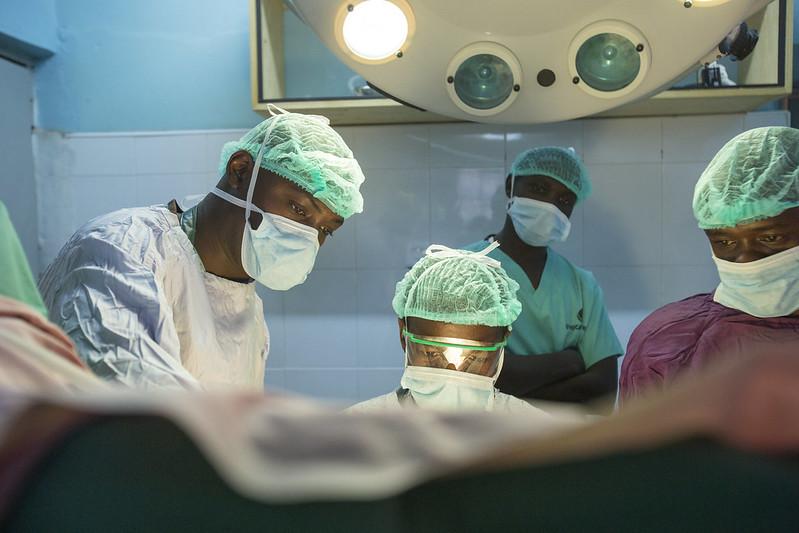
On May 7, 2020, the Narok County Director of Health issued a circular immediately reinstating non-emergency health services, including family planning, which were suspended on March 26th. The county ordered the suspension to deploy health care providers to COVID-19 response efforts as well as minimize risks to routine clients. Non-emergency services are now available at facilities in Narok County, and clients are returning to use them. Previously-issued safety guidelines to reduce risk of COVID-19 infection and transmission remain in place.
This prompt action builds on years of existing advocacy work in the county. On April 30th, Advance Family Planning (AFP) local partner Jhpiego, together with the Narok County Department of Health and the Delivering Equitable and Sustainable Increases in Family Planning (DESIP) project, convened a meeting to address service gaps the county was experiencing. At that time, facility- and community-based family planning, among other services, had been disrupted for more than a month.
During the meeting, representatives from the department of health, Jhpiego, DESIP, and other implementing partners such as the Christian Health Association of Kenya and Coalition of Violence Against Women discussed the need to re-start routine provision of non-emergency health services. Participants discussed the importance of balancing the demands of responding to COVID-19 while maintaining the delivery of essential health services and mitigating the risk of health system collapse. All were eager to sustain earlier progress on family planning, including implementation of existing county strategies to address family planning uptake initiated through the Narok County Family Planning Technical Working Group.
The group used the Kenya COVID-19 Reproductive, Maternal, and Newborn Health (RMNH) Guidelines to develop county-specific actions and approaches [1]. At the same meeting, the team further recommended the need to establish a county subcommittee for essential health services during COVID-19. The subcommittee would enable the county to ensure the uninterrupted supply of other essential commodities, including contraceptives, and help respond to other emerging issues.
Shortly after, the county reproductive health coordinator presented the recommendations to the County Health Management Team (CHMT), a group of leaders at the county health department. The CHMT reviewed the recommendations and brought them to the director of health for action.
After the county health director issued the circular and approved the establishment of the Narok County Subcommittee for Essential Health Services during COVID-19, Jhpiego and the reproductive health coordinator convened a follow-on meeting on May 15th. At the meeting, stakeholders agreed to accelerate establishment of the subcommittee, select representatives, and begin work.
The subcommittee comprises Ministry of Health officials, implementing partners (including Jhpiego), and faith-based organizations. It will hold its first meeting in June to agree on a terms of reference. Jhpiego will address ongoing advocacy priorities and any other emerging issues within this mechanism.
In the coming weeks and months, Jhpiego and county stakeholders will continue working with the Narok County Department of Health to accelerate implementation of essential health services, including postpartum family planning, teenage pregnancy reduction interventions, and media advocacy to hold decision-makers and key non-state actors accountable.
1. Ministry of Health (2020). Interim Guidance on Continuity of Essential Health Services During the COVID-19 Pandemic. Retrieved from https://www.health.go.ke/wp-content/uploads/2020/05/KENYAN-GUIDANCE-ON-CONTINUITY-OF-ESSENTIAL-HEALTH-SERVICES-DURING-THE-COVID-OUTBREAK-20MAY-2020-complete.docx.pdf

